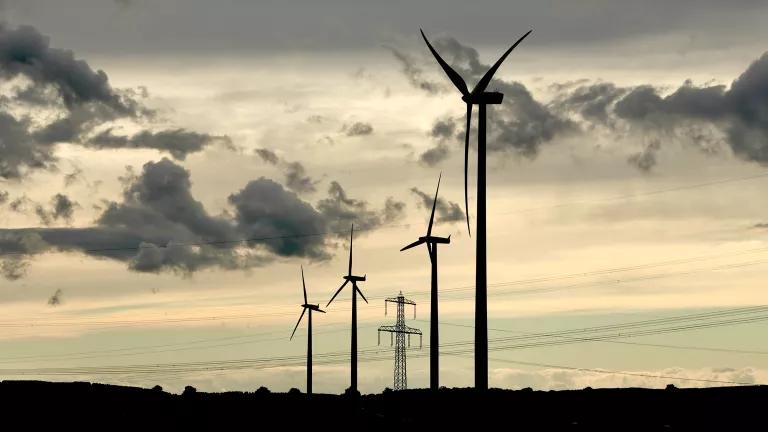My colleague Amelia Nuding did some research on the status of the Underwriters certification of E85 fuel dispensers. Here's a summary of what she found.
Recently UL pulled their certification for these pumps until they can confirm that these devices are safe. The problem is that gasoline pumps, though regularly and safely mixed with 15% ethanol, may not be safe for 85% ethanol; ethanol can be corrosive on dispenser materials (e.g. rubber, metal) and potentially spring a leak if used for a prolonged time. To date there are no known cases of this happening, but UL requires rigorous testing before declaring a product safe.
From a conversation with Underwriters Laboratories (UL)
When will the certification be ready?
They cannot provide a specific time. This is the status of the process: in early November UL and DOE held a meeting with stakeholders: Ford, GM, National Ethanol Vehicle Coalition (NEVC) and manufacturers. The result of this meeting was the conclusion that all stake holders need to provide UL with more substantive data regarding the corrosive effects on all parts (metallic and non-metallic) by Nov 15th 2006. The stakeholders submitted this data, but UL found the it was lacking in scope. Therefore UL is still looking at more data, doing outreach/research and developing requirements.
What tests need to be preformed and who performs them?
To test the long term effects of ethanol on materials, higher concentrations of the alcohol are used, and often at higher temperatures to create intensive material exposure to the ethanol. While UL does conduct testing, they indicated that UL may not be doing the major scientific work on this, possibly because stakeholders are so interested in getting an approved device that it would be faster if they conducted the testing themselves. UL and stakeholders are working together on this.
Does UL have an unofficially recommended technology?
UL is working with DOE to advise fire marshalls on the hazards to avoid, to help make installation decisions as safe as possible, should the marshals chose to sell E85. For example, they recommend frequent inspections of the equipment. There is no ‚"cookbook‚" on how to implement it ‚— this is a recent development and they are continually developing and improving their process before final tests are concluded.
What happens to the dispensation of E85 before UL certification comes out?
Ultimately the decision is up to the local authorities having jurisdiction (AHJ). Often times this will be a state fire marshal or a city/county inspectors, however Kerry claimed there are over 5000 different authorities.
The fire marshals need to protect people's safety, but they want to harmonize their position with the policies of the state. Missouri, OH and maybe MI have allowed E85 to be dispensed.
What about the storage tanks (above or below) that store E85?
Right now they are focusing on the dispensers.
What is the relationship between UL and insurance for retailers?
While it seems the lack of UL certification could pose a problem for some insurance companies (of the E85 retailers), it is not necessarily a problem for all. It's a case by case situation.
State Case (from web research)
Ohio — A few stations in Columbus closed (but in no other towns) in fear that would be in violation of state fire code. Under the new policy however, E85 pumps can operate in Ohio if they meet certain conditions: The pump's manufacturer must state in writing that the equipment is safe and compatible with E85, and must apply for certification from an independent testing group (such as the Underwriters Laboratories). The pump also must comply with the National Fire Protection Association's applicable standards for dispensing regular gasoline.
Ohio's policy, which follows similar actions in other corn producing states, extends to July 1, 2009 — presumably enough time for Underwriters Laboratories to determine whether the pumps are safe.
http://www.columbusdispatch.com/business-story.php?story=dispatch/2006/11/03/20061103-G1-01.html




